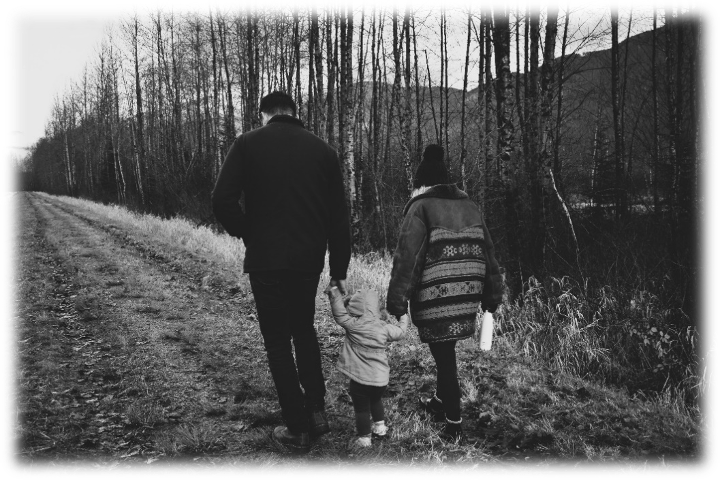Who’s a working poor family? Honestly, it’s not easy to understand.
They’re low-income working families who make 250% above the poverty line set by the federal government. That means, on average, a working poor family of four earns a combined gross income of about $75,000 a year. That’s before taxes.
If they lost their child to foster care, all services would be paid.
But if they go to Adult Family Court for private litigation, custody, divorce, dependency cases, child support disputes, they’re stuck.
Funding is completely on their own. Because they’re considered “the working poor,” they aren’t eligible for government funding. These families either pay for an attorney, or they represent themselves. If the judge orders a psychological evaluation to determine what’s best for their kids, these families have to pay for it. If they need parenting classes, or therapy for domestic violence issues, or sexual abuse, or drug addiction, they have to pay for that too.
They’re fighting for their kids and they’re falling through the cracks.
The Shortest Line’s mission is to fund the $4000 psychological evaluations for the working poor in Allegheny County – and to pay for the services the court orders. The goal is to give these moms, dads, and kids a shot at a good life.
Since 2021, The Shortest Line has helped 19 families, but hundreds of working poor in Allegheny County would benefit from an evaluation. Because funding is so limited, judges only order them for the most high-risk families facing very complex issues. And these families represent about 1/3 of the court’s case load.
“For these families,” said one family court judge, “it’s like they’re holding their lives together with double-sided Scotch tape. They’re facing so much. Employment. Housing. Child disabilities. Mental health crises. Domestic violence. Literacy. We have to be gentle with people.”
An evaluation helps the judge make the best decision in the interest of the child. It helps families stay together – rather than losing the child to foster care. It helps parents get the services they so desperately need. Without it, families languish in the courts. The downward spiral continues.
“We are mostly looking at cases so traumatic, parents can’t hear their child saying ‘I need help.’ “People need a path forward. That’s what funding from The Shortest Line provides.”






Leave A Comment